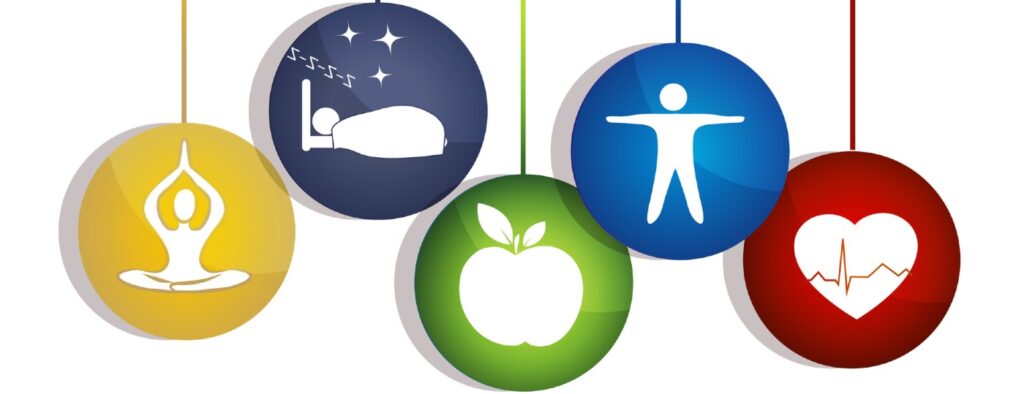Nutrition plays a crucial role in athletic performance, as the right balance of nutrients can fuel your body and enhance your abilities. Here are some tips on how to fuel your body for optimal athletic performance:

- Eat a balanced diet: A balanced diet that includes a variety of fruits, vegetables, whole grains, lean proteins, and healthy fats can provide the necessary nutrients for optimal athletic performance.
- Hydrate: Staying hydrated is essential for athletic performance, as water helps regulate body temperature and transport nutrients to cells. Drink plenty of water before, during, and after exercise.
- Time your meals: Timing your meals around exercise can help optimize your performance. Eat a small snack or meal 1-2 hours before exercise, and a meal or snack containing carbohydrates and protein within 30 minutes after exercise to aid in recovery.
- Fuel with carbohydrates: Carbohydrates are an essential fuel source for athletes, as they provide energy for high-intensity exercise. Include carbohydrates in your pre-exercise meals and snacks, such as fruits, whole grains, and starchy vegetables.
- Prioritize protein: Protein is essential for muscle repair and growth, making it important for athletes to consume adequate amounts. Include lean protein sources such as chicken, fish, beans, and tofu in your diet.
- Don’t forget healthy fats: Healthy fats, such as those found in nuts, seeds, and avocados, can provide sustained energy and help with recovery.
- Consider supplements: While a balanced diet can provide all the necessary nutrients, some athletes may benefit from supplements such as creatine or BCAAs. Consult with a healthcare professional before taking any supplements.

In conclusion, nutrition plays a crucial role in athletic performance. Eating a balanced diet, staying hydrated, timing your meals, fueling with carbohydrates, prioritizing protein, and including healthy fats can all help optimize your performance. Consider consulting with a healthcare professional or registered dietitian to develop a nutrition plan tailored to your specific needs and goals. With the right nutrition, you can fuel your body for optimal athletic performance and achieve your goals.



















